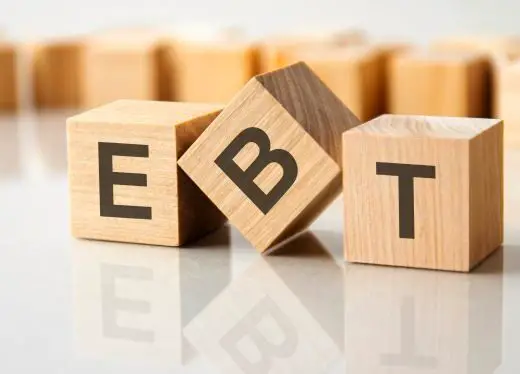
CommonCentsMom.com is advertiser-supported: we may earn compensation from the products and offers mentioned in this article. However, any expressed opinions are our own and aren't influenced by compensation. The contents of the CommonCentsMom.com website, such as text, graphics, images, and other material contained on this site (“Content”) are for informational purposes only. The Content is not intended to be a substitute for professional financial or legal advice. Always seek the advice of your Financial Advisor, CPA and Lawyer with any questions you may have regarding your situation. Never disregard professional advice or delay in seeking it because of something you have read on this website!
There are many people who die without having made a will. The consequences of this can be very painful for their family members. While people generally put family members as executors of wills, there’s the question of whether certain institutions, such as banks, can be given these responsibilities, instead.
The quick answer is yes. But there’s a lot you should know before picking a bank to be an executor of your will. This article will help you understand the issues that you need to be aware of before appointing a bank as an executor of your will.
Reasons Why You Should Make Your Bank an Executor of a Will
There are several reasons why you should consider appointing a bank as an executor of your will. The first is that a bank can help you make sure that your loved ones receive the assets and money that they’re entitled to, after you die. This can be very beneficial for those who are not very well-versed in handling their finances or for those who have financial problems and need assistance with paying bills.
Furthermore, choosing a bank as an executor of your will is a great way of avoiding conflicts of interests. Other third parties are often in the business of earning money, and they don’t always have the best interests of your family in mind. However, if you make the right bank an executor of your will, you can be sure that they will put the needs of your family first.
Can The Bank Share Executor Duties?
Yes, banks can share executor duties. They can share them with other individuals of your choosing, such as a family member.
They may share the role of making decisions, based on how the parties decide to arrange their affairs. We tend to have our bank do most of the day-to-day work for us, but someone else in the family or a trusted person might help you manage your affairs. One disadvantage of having two executors is if the executors are unable to agree on the matters. Sometimes a probate judge must decide who is right, resulting in costly legal bills.
How to Choose the Executor of a Will
It’s important that you know what your solicitor, bank or accountant will charge you for being an executor and how much it will cost you before you confirm your decision. You may be able to appoint relatives or friends as executors, who will not charge for their time but who will be able to contact a professional if they need it.
There are some situations where the government may step in and act on your behalf if there’s really no one else who can do it. The most common situation where the Public Trustee is called upon is when you leave everything to one person who is incapable of acting as executor themselves. It might be that one of your children or an adult with a disability is incapable of managing their own finances.







